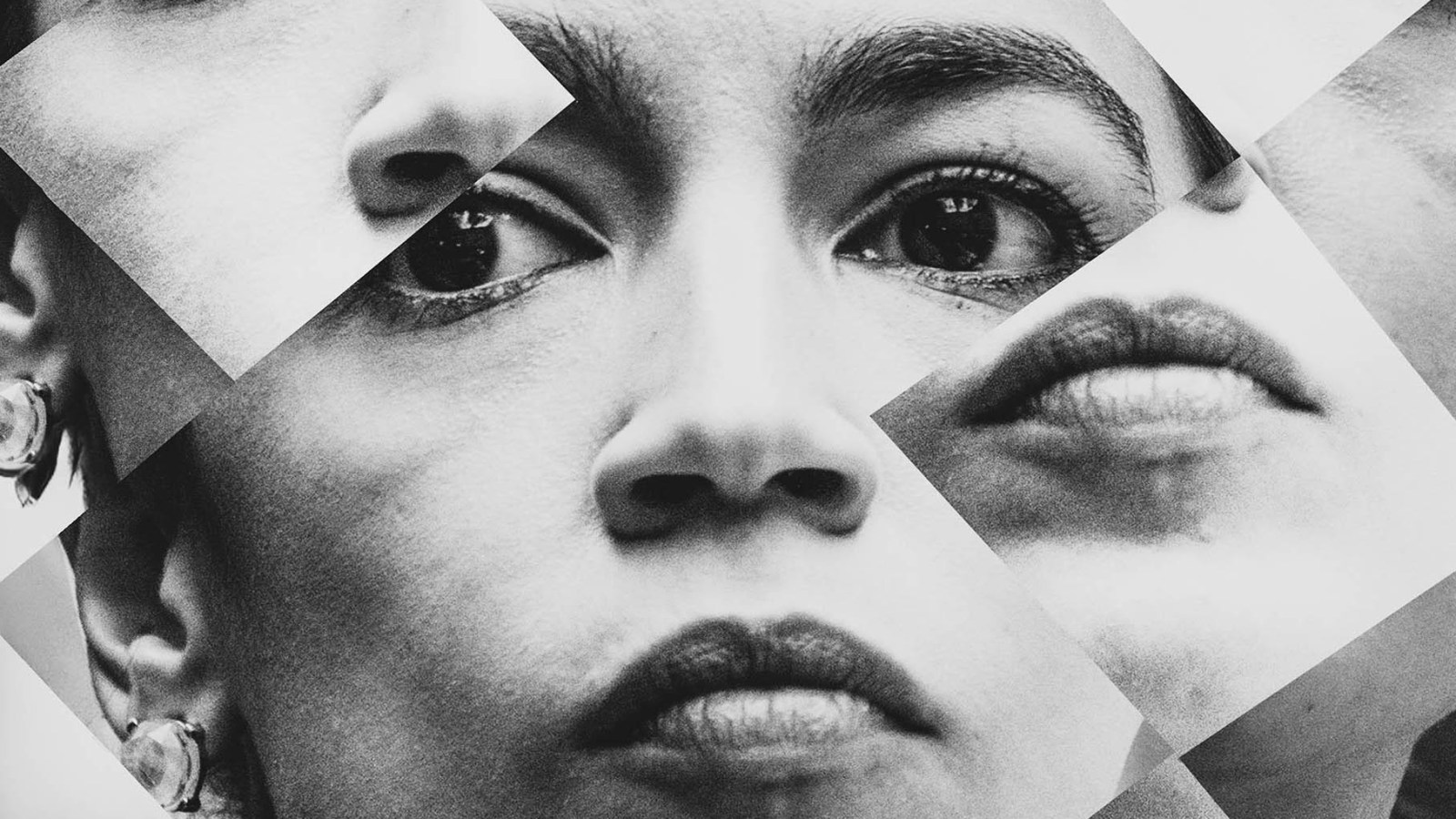In 2023, more deepfake abuse videos were shared than in every other year in history combined, according to an analysis by independent researcher Genevieve Oh. What used to take skillful, tech-savvy experts hours to Photoshop can now be whipped up at a moment’s notice with the help of an app. Some deepfake websites even offer tutorials on how to create AI pornography.
What happens if we don’t get this under control? It will further blur the lines between what’s real and what’s not — as politics become more and more polarized. What will happen when voters can’t separate truth from lies? And what are the stakes? As we get closer to the presidential election, democracy itself could be at risk. And, as Ocasio-Cortez points out in our conversation, it’s about much more than imaginary images.
“It’s so important to me that people understand that this is not just a form of interpersonal violence, it’s not just about the harm that’s done to the victim,” she says about nonconsensual deepfake porn. She puts down her spoon and leans forward. “Because this technology threatens to do it at scale — this is about class subjugation. It’s a subjugation of entire people. And then when you do intersect that with abortion, when you do intersect that with debates over bodily autonomy, when you are able to actively subjugate all women in society on a scale of millions, at once digitally, it’s a direct connection [with] taking their rights away.”



If someone completely independently generates and distributes pornography that ends up looking too much like a real person, and someone else downloads and keeps that image, should the downloader be prosecuted? That’s what it’s going to come down to, I think. If you want a law that requires intent, it will be too difficult to prove, and if you want a law that does not require intent, it may be a big overreach.
It’s easier to write the law for CSAM because you have to be pretty fucked in the head to want to look at that in the first place. Making possession of it illegal isn’t interfering with normal human activity.
Those are pretty good concerns. Wonder if meta data about the model used and the prompt data could be required to address the issue of intent. I do think that accidental downloading would have to be an exception but if it’s clearly labelled/advertised I think that downloading could still be targeted.
Sure, but then that’s a home run for every defense lawyer assigned to these. “Your honor, my client thought they were real photos she published,” becomes a legitimate defense. “My client didn’t realize a real person was involved at all, he thought the image was entirely fictitious.” People publishing AI fakes aren’t going to add exif data, and requiring meta data on AI generated images sounds like its own separate overreach.
I’d say for the sake of not jailing the innocent that letting the ones that can plausibly deny beat the charges is what we’d have to accept. I think that requiring that meta data would certainly be a significant new requirement but it doesn’t necessarily make it an overreach. I believe that pornography production has to provide verification of the age of their participants and every porn site has some legal statement about the age of the people depicted. Categorize the meta data requirements similarly.